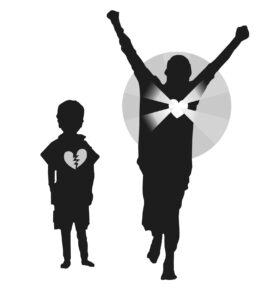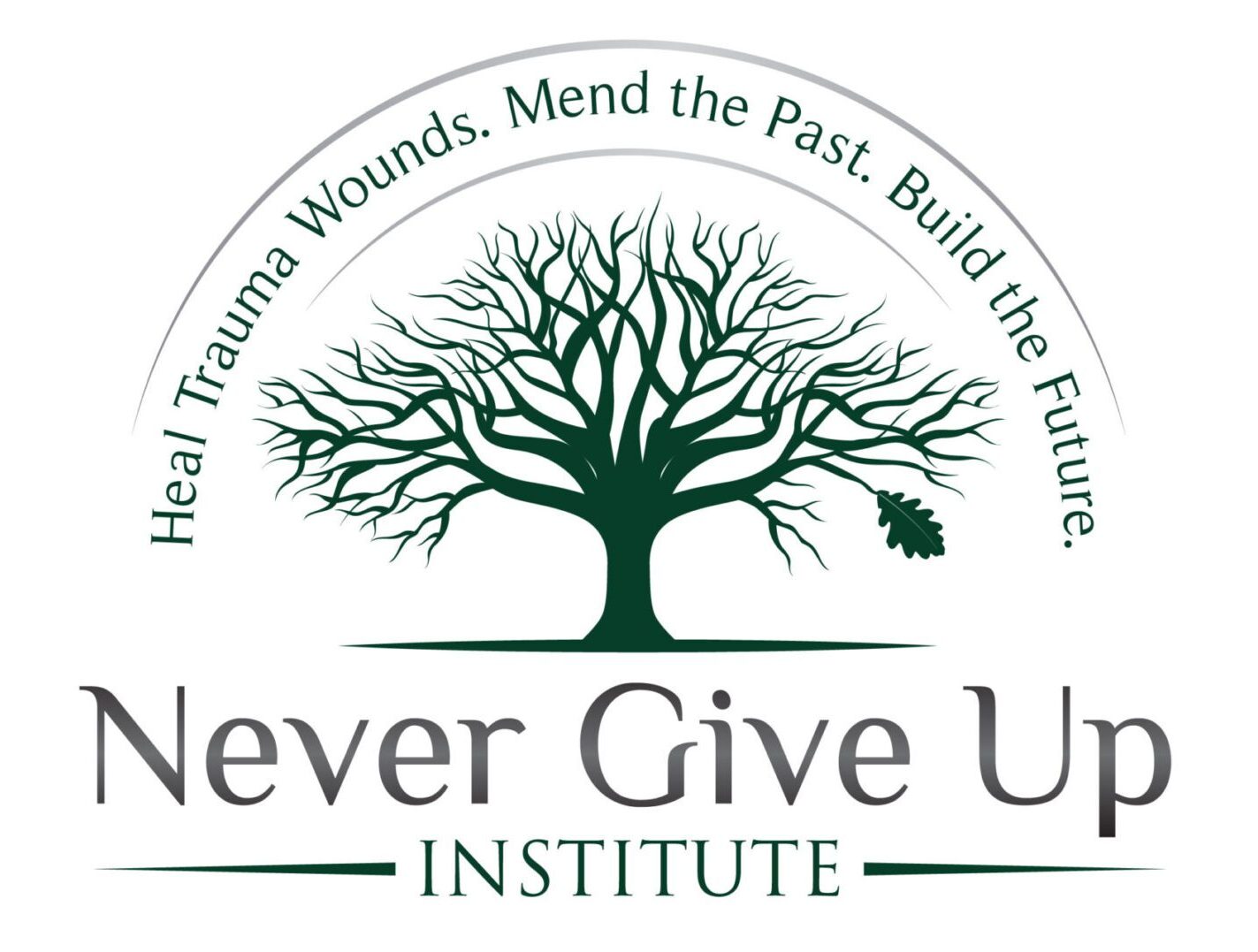Over 20,000 research studies have been done on the impact of stress on the human body According to medical experts, no one study definitively proves that unresolved stress and trauma can cause physical illness. However, my personal experience has led me to believe that it does.
I am not a medical professional, nor am I a therapist or nurse. I am a professional patient who has battled a lifetime of illnesses, from Type 1 diabetes and high blood pressure to Graves’ disease and stage IV colon cancer (twice).
I believe my complex medical history is connected to the sexual abuse I experienced in my childhood. Exploring this connection has been a key component of learning how to heal from trauma.
Facing the Impact of Childhood Trauma
Typically, one o f the first lessons children learn is the importance of telling the truth. For children who have experienced physical, emotional, spiritual, or psychological trauma, this lesson becomes confusing and stressful. Frequently threatened and told to lie, children like me are led further and further away from a core value: the authenticity to speak directly from the soul.
f the first lessons children learn is the importance of telling the truth. For children who have experienced physical, emotional, spiritual, or psychological trauma, this lesson becomes confusing and stressful. Frequently threatened and told to lie, children like me are led further and further away from a core value: the authenticity to speak directly from the soul.
The result is often a spiritual loss so deep that recovery from stress and trauma can feel impossible.
Late one night, during a hospital stay for surgery to remove two feet of my colon, I knew I was dying. It was at that moment that I vowed, if I woke up the next morning, I would teach my body, mind, and spirit how to heal.
Accepting What Happened to Me Was Not My Fault
My journey to healing required an emotional reset. I had physically survived the trauma, but my emotional wounds remained. I was always sad, hurt, and angry because of the years of emotional issues and suffering I endured. I wanted a person to blame and hold responsible for my pain. I wanted the individuals responsible for the abuse to apologize, but I learned amends rarely happen.
The healing journey is also complicated by the constant reinforcement of victim-blaming attitudes (by peers, courts, and media) that validate what perpetrators have been saying all along – that the abuse was the victim’s fault. Part of my process involved learning and accepting that abuse is neither the victim’s fault nor their responsibility; the responsibility lies solely with the perpetrator.
For years after being abused as a child and sexually exploited by a therapist, I carried around the feeling that I was at fault for these traumatic events because I was not smart enough to know better. In a new therapy group, I was shocked to learn that none of these traumas were my responsibility.
Learning to Heal
Healing started the moment I took back the ability to speak directly from my soul. I also found many other ways to cope and heal:
- Understanding and telling my story.
- Finding the strength to withstand abuse myths and disbeliefs.
- Creating a healthy support system.
- Checking in with my medical and mental health professionals.
- Strengthening my immune system.
- Believing in an inner, astute truth: I am not to blame for the abuse I experienced.
I continued my healing by writing several books including Never Give Up: Break the Connection Between Stress and Illness, which won a 2018 Living Now Gold Book Award for books that change people’s lives. Additionally, I reported my abuse to the authorities as a way to take my power back.
The Mind-Body Connection
As I have written in my book, I have come to believe that when people think they are responsible for emotional trauma, this false belief disturbs the mind, body, and spirit — potentially weakening their immune system and leading to stress headaches and muscle tension, depression and fatigue.
Sometimes I worry that the self-blame and negative self-talk following my abuse was actually more harmful to me than the abuse itself. As I blamed myself and took responsibility for my abuse, I found myself in hospitals for illness after illness.
As I look back from an emotionally healed place, I have a message to share: It is our birthright to heal from the abuse we did not ask for or want, and to become the physically healthy person we always wanted to be.
———————————————————————————————————-
Alexis Acker-Halbur is an award-winning author and an abuse survivor. Now she shares her experiences and tools with women and men who have been traumatized. You can learn more about her work on this website.

You must be logged in to post a comment.